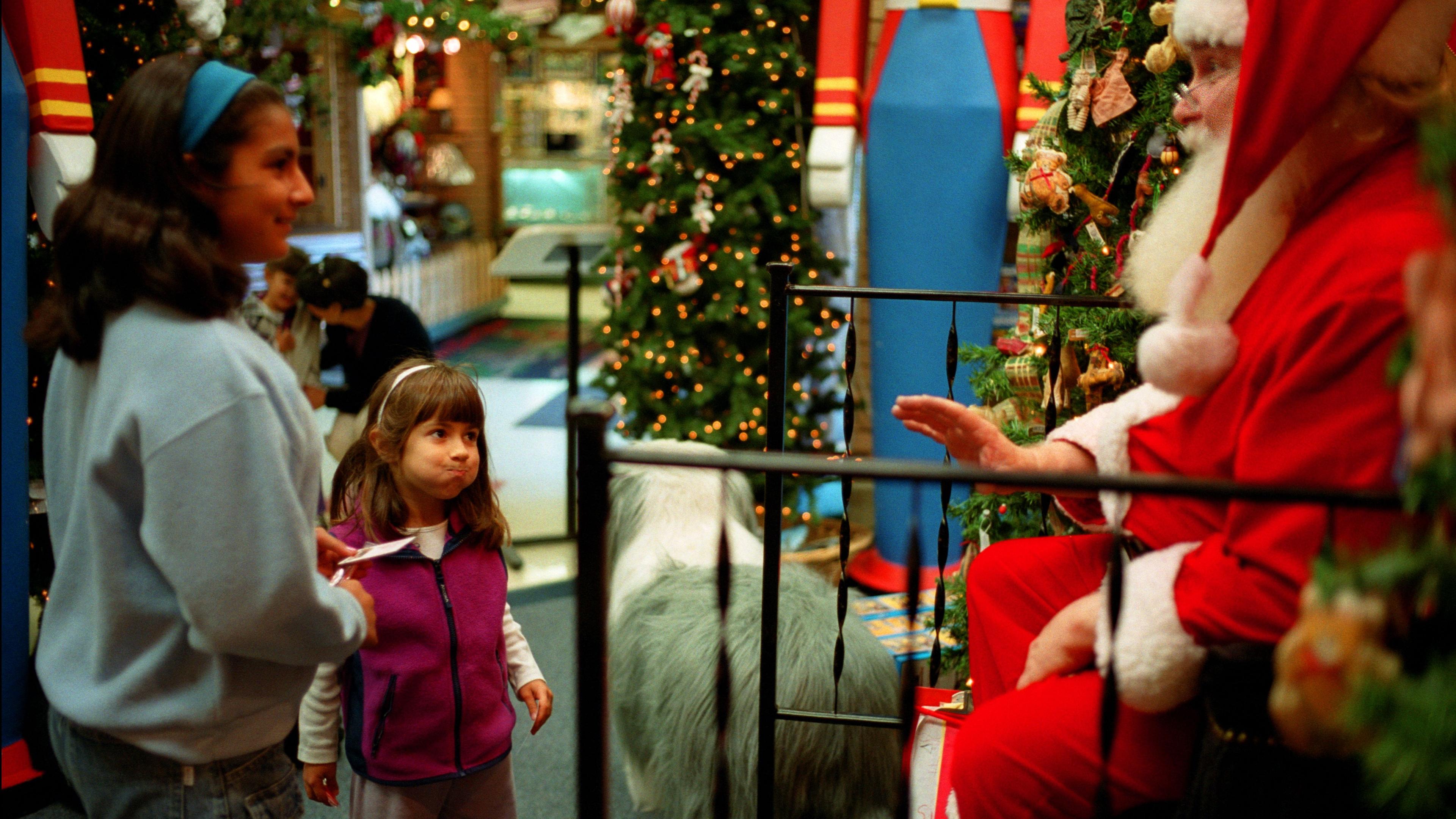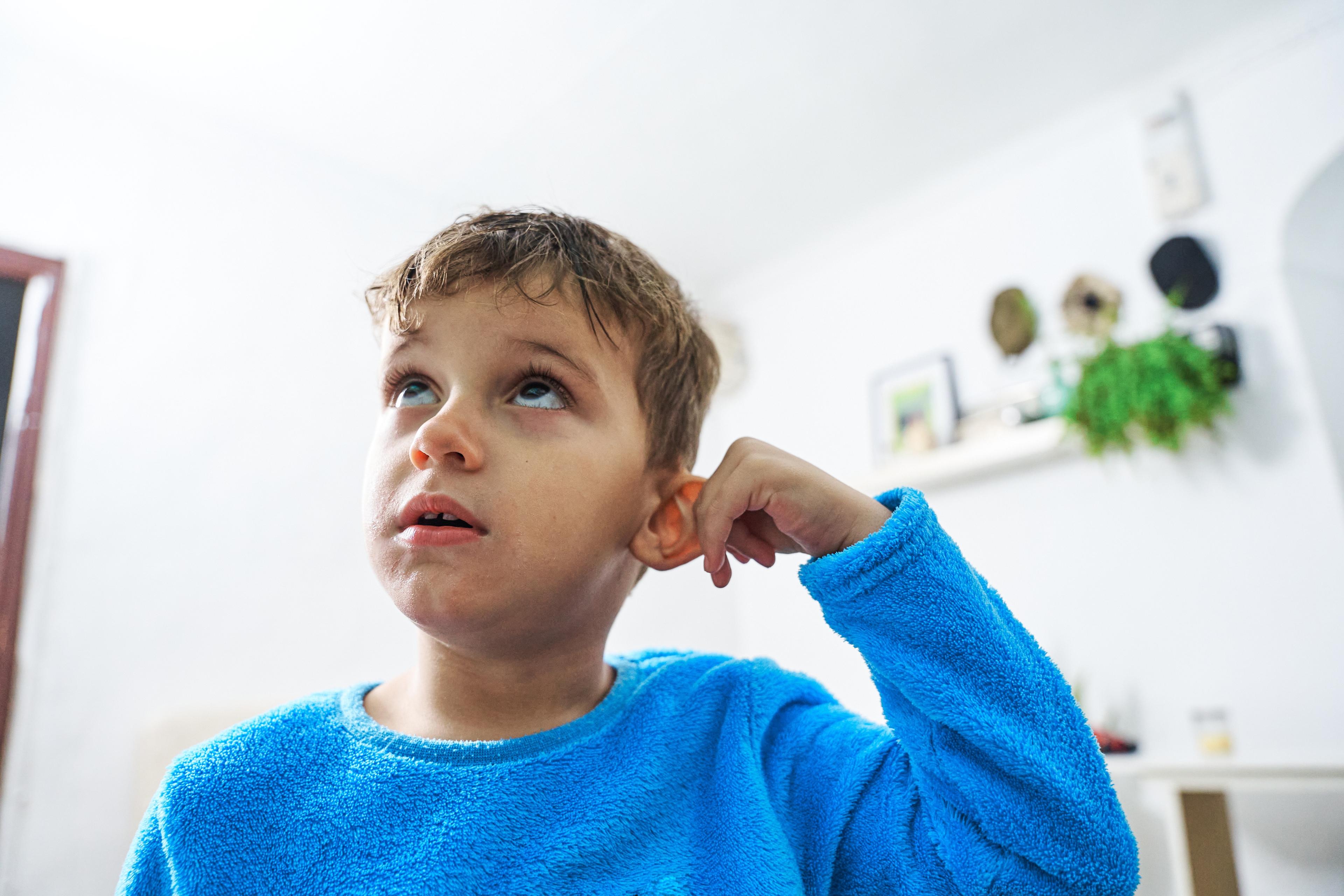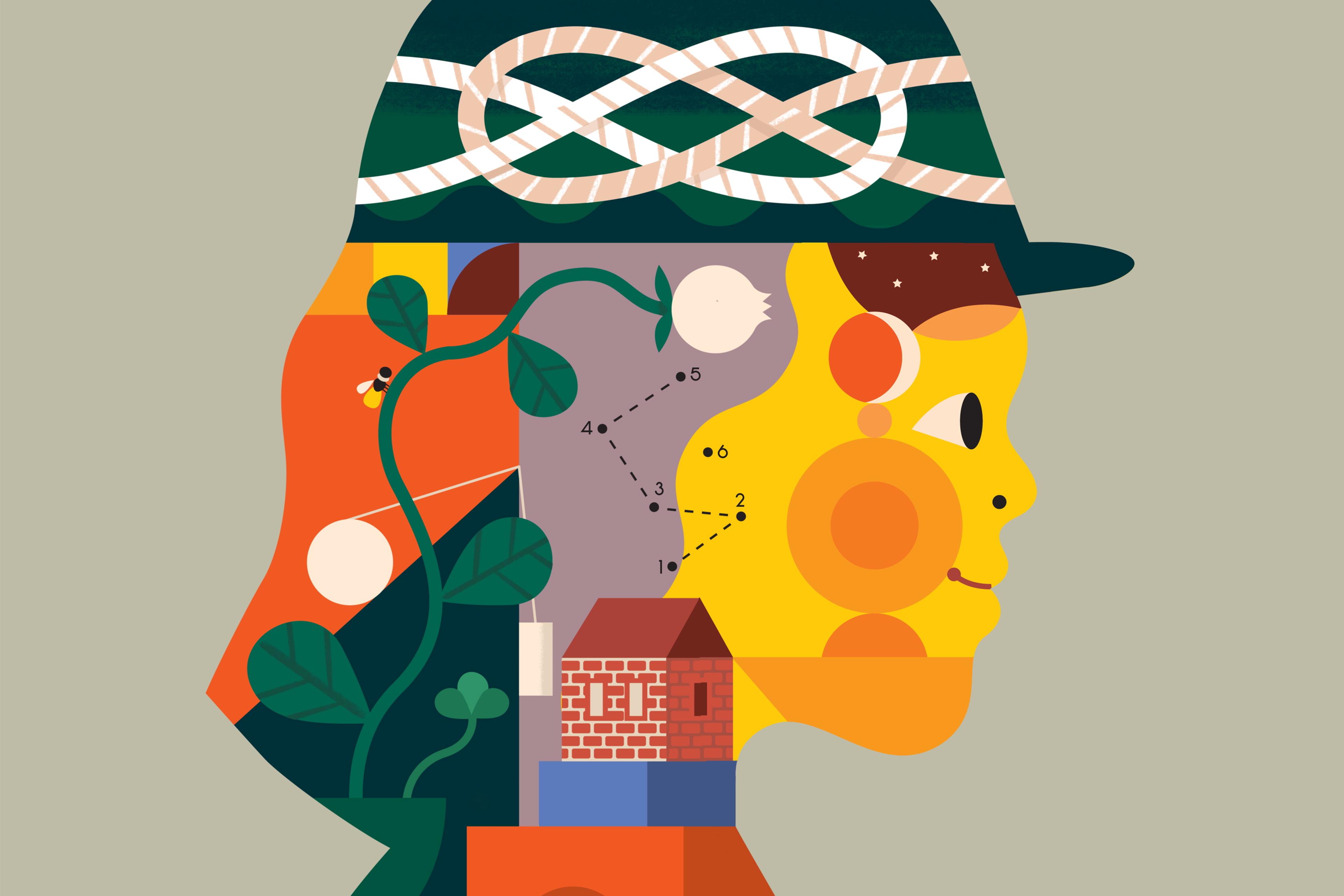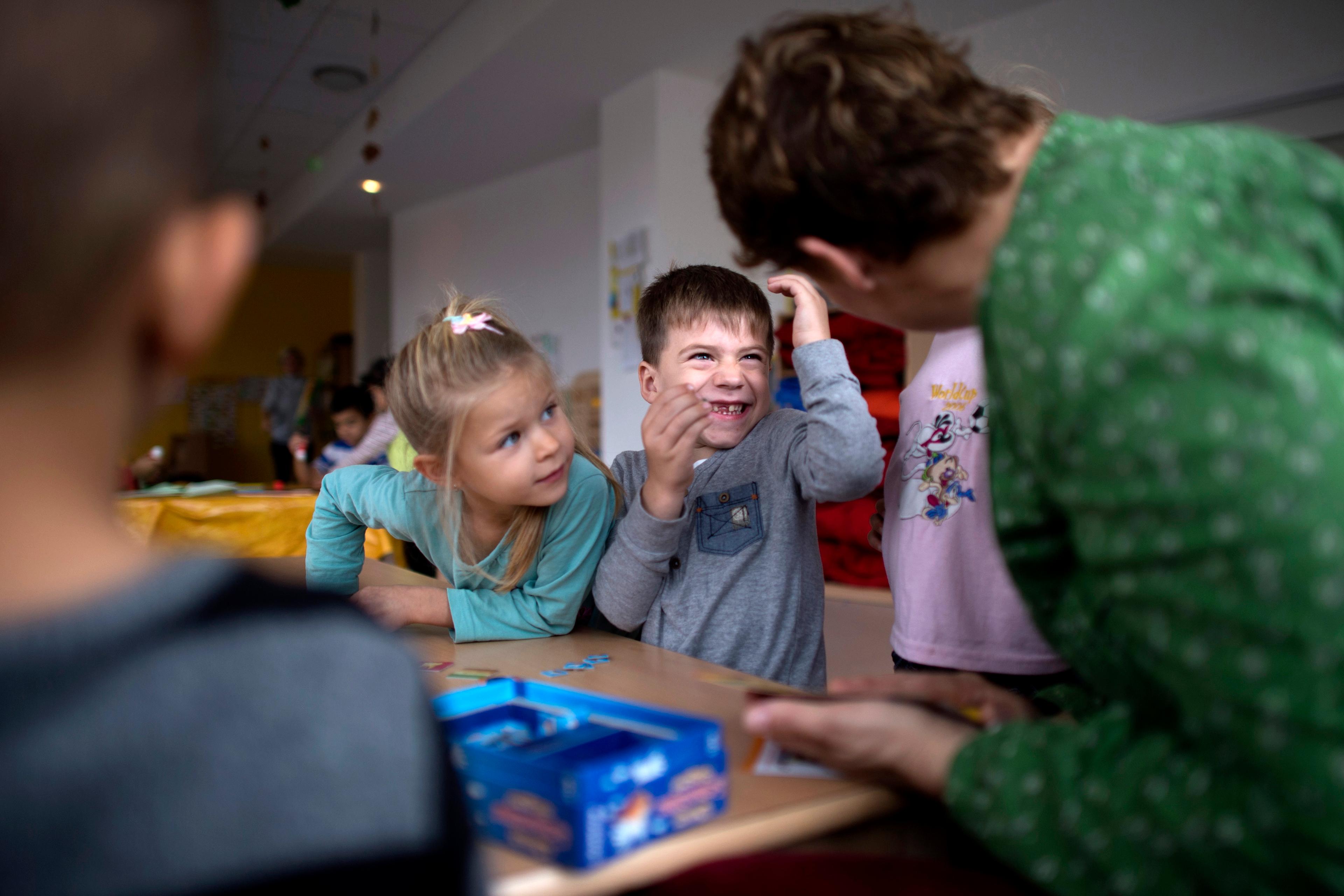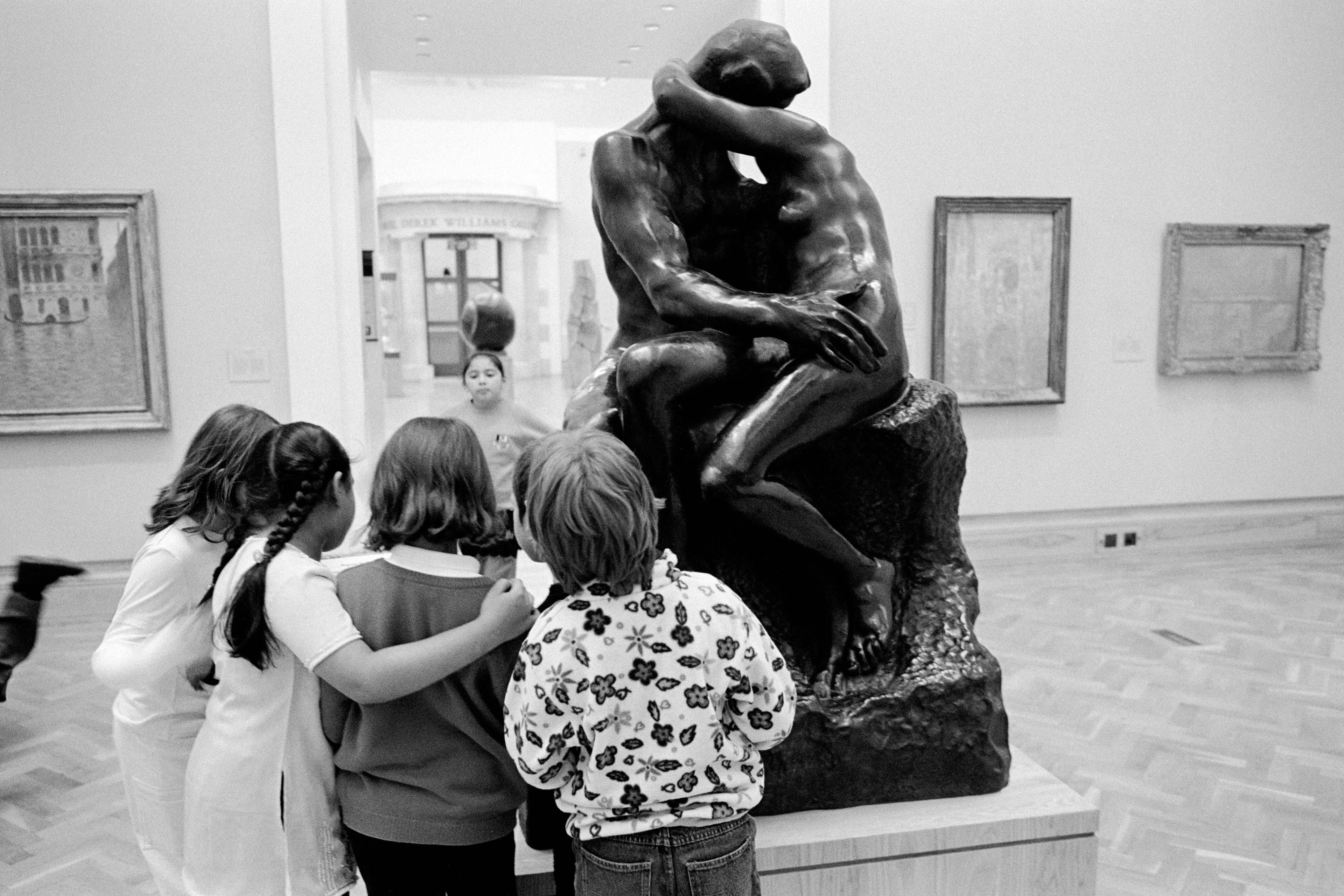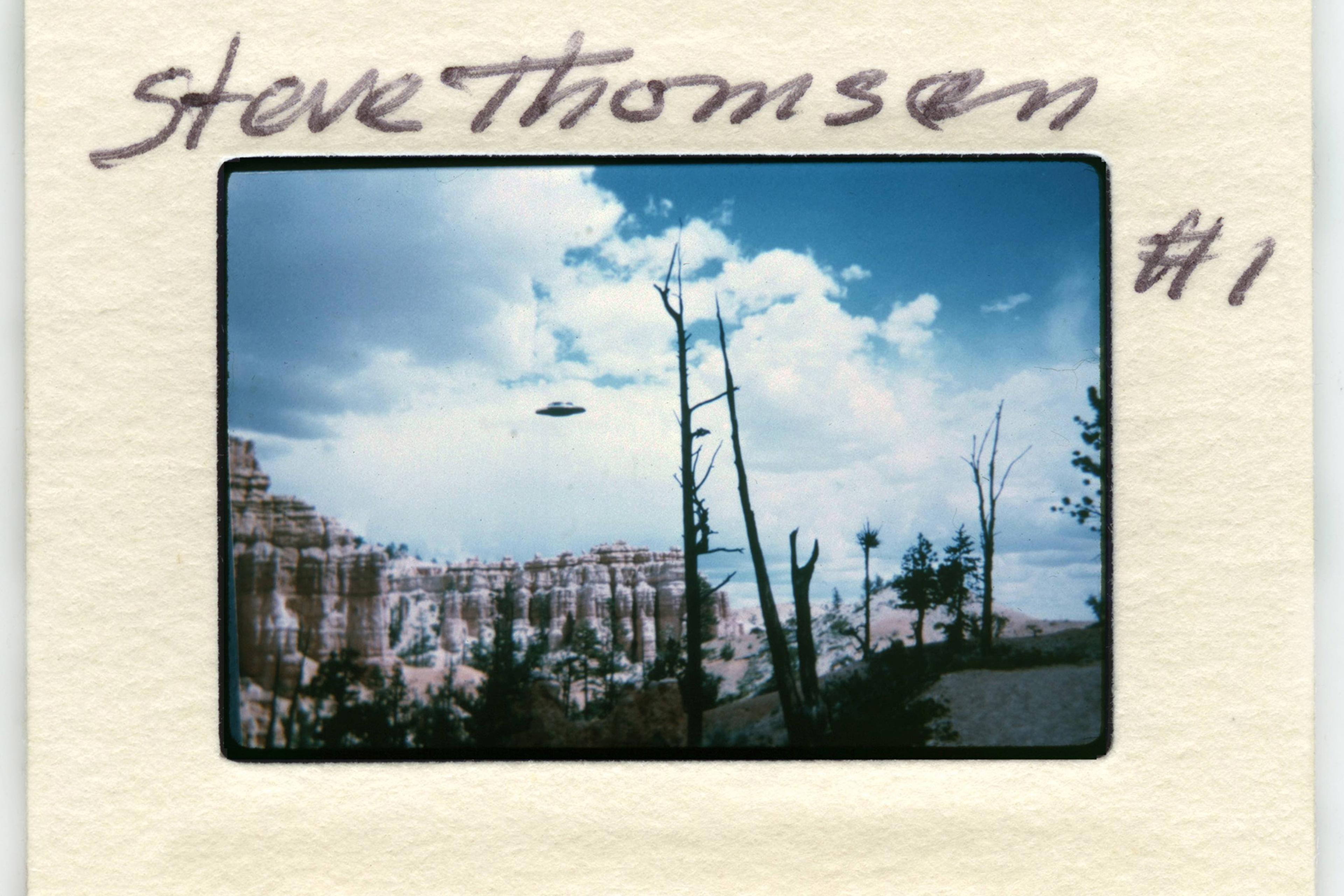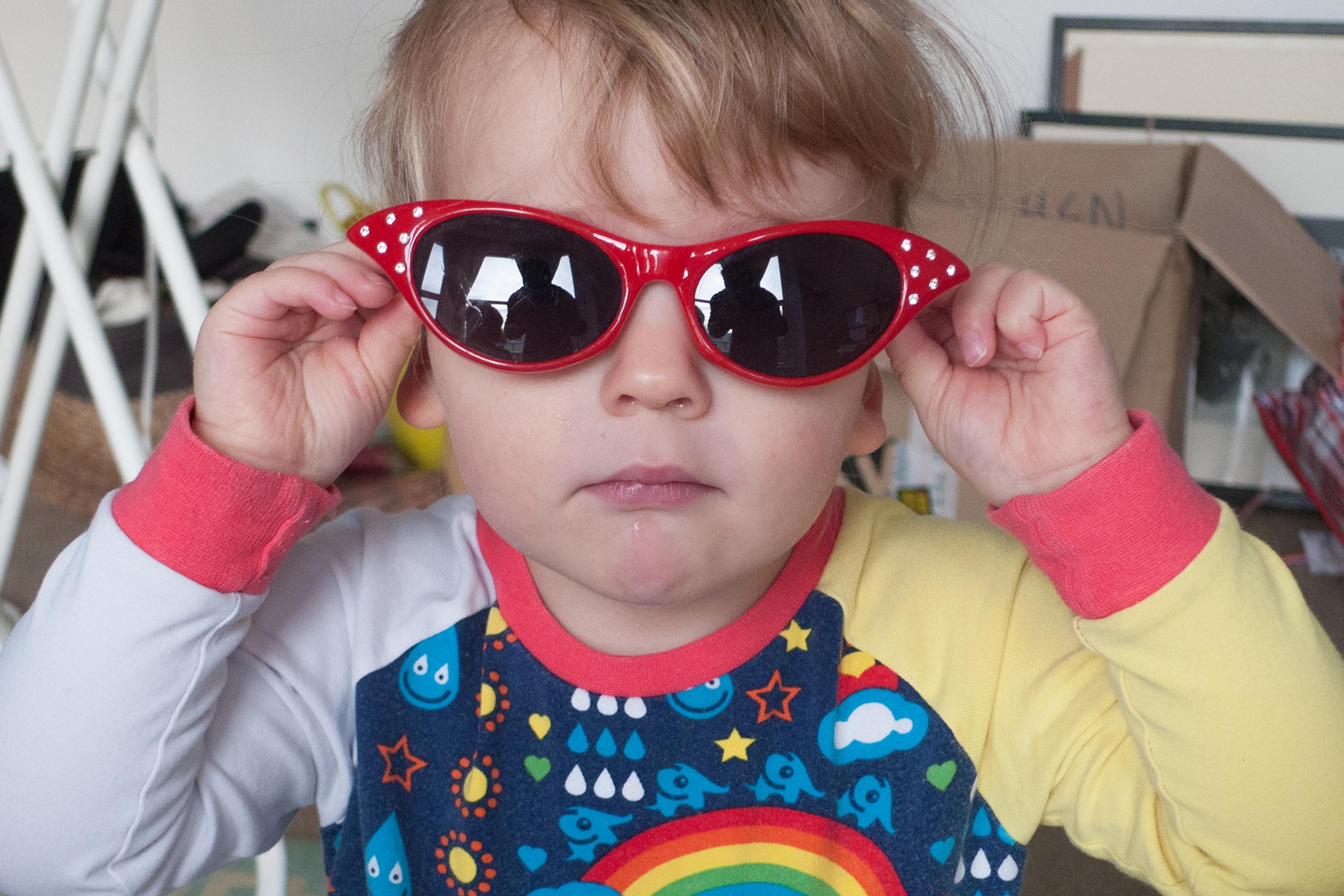Towards the end of every year, many parents find themselves fielding difficult questions, such as: how does a man fly across the entire world in a single night to deliver presents? How does he fit down a chimney? Does he really eat cookies at every house?
Children start to distinguish fantasy from reality around preschool, but a belief in Santa Claus or Father Christmas usually lasts longer, to around seven or eight years old, according to research conducted in the United States in the 1980s and ’90s. This isn’t too surprising: many parents continue to tell their children that Santa is real for as long as possible, and they sometimes enact elaborate schemes to provide evidence of his existence. But, inevitably, there comes a time when cracks in the Santa story start to appear. If you’re a parent, relative or teacher and you’re interacting with children at this stage of their belief in Santa, you might be wondering about the best way to respond – or what the loss of belief might be like for them.
In 2014, a mother wrote in to Slate’s advice column Dear Prudence, written by Emily Yoffe, with concern about how to break it to her child that Santa was made up. The mother thinks that, once her daughter is old enough to ask questions about Santa, she should be told directly. ‘I feel very dishonest about this and worry that our daughter would feel hurt by the extreme steps we took to keep her in the dark just so we could enjoy the innocence and magic for a little while longer,’ she wrote. Yoffe responded that one of the ‘delights’ of childhood was to ‘spread a little fairy dust occasionally’ – but many readers subsequently wrote to the magazine describing how they had been hurt by believing in Santa well into puberty, because of how their parents had kept the myth alive.
Is it really possible that promoting the Santa myth to your children is a kind of harmful deception? To find out, a pair of psychologists, Candice Mills at the University of Texas at Dallas and Thalia Goldstein at George Mason University in Virginia, recently investigated how children and adults learned the truth about Santa, and how they felt about it.
A similar number of children recalled experiencing positive emotions upon learning Santa wasn’t real
For their paper in Developmental Psychology, they asked children aged six to 15 how they found out Santa wasn’t real, and the emotions they experienced afterwards. Then they asked 383 adults to remember how they came to disbelieve in Santa.
About a third of children and half of adults said they felt some negative emotions when they learned Santa wasn’t real. It was the child and adult participants whose parents had heavily pushed the Santa story who also tended to have more negative emotions upon learning the truth. The adults who remembered feeling the worst were at an older age when they learned about Santa, they tended to have found out abruptly, and from another person, rather than figuring it out on their own.
Yet a similar number of children, and around 13 per cent of adults, recalled experiencing positive emotions upon learning Santa wasn’t real. ‘Some said they were relieved that they finally had resolution to some of their nagging questions,’ Mills and Goldstein wrote in an essay for The New York Times in 2023. ‘Others reported pride, as if they’d solved a complicated puzzle.’
As well as the ethical aspects of exploding the Santa myth, understanding how and when children grow out of it offers a way to examine how children develop scepticism. According to Jean Piaget’s influential theory of cognitive development, when children are in a ‘preoperational stage’ and aged around four to eight, they can’t easily tell the difference between reality and fantasy. That ability emerges in the next stage – the ‘concrete operational stage’; in the 1970s, researchers suggested that losing the belief in Santa could mark a transition moment between these cognitive stages.
But back to the delicate issue of whether you should encourage or slow children’s understanding of the true nature of Santa Claus. ‘As developmental psychologists, we’ve long been interested in such questions, in part because they raise larger issues about the role of imaginative play in the life of a child and how parents might best engage with it,’ Mills and Goldstein wrote.
In their essay, Mills and Goldstein offered advice on how parents should talk about Santa with their children. If your children start asking probing questions, they said there is no need to tell them lies. ‘Consider answering by asking your child what she thinks, talking about what “some people” believe or simply acknowledging that she has asked an interesting question,’ they wrote. Even kids who are upset by suddenly finding out about Santa seem to get over it relatively quickly – usually within a year – and both children and adults said they would still incorporate Santa into their own holiday traditions.
‘Your child may have imaginary friends and believe in the Tooth Fairy – that’s OK,’ Mills and Goldstein wrote. ‘Blurring the line between fantasy and reality is a normal part of being a young kid.’
